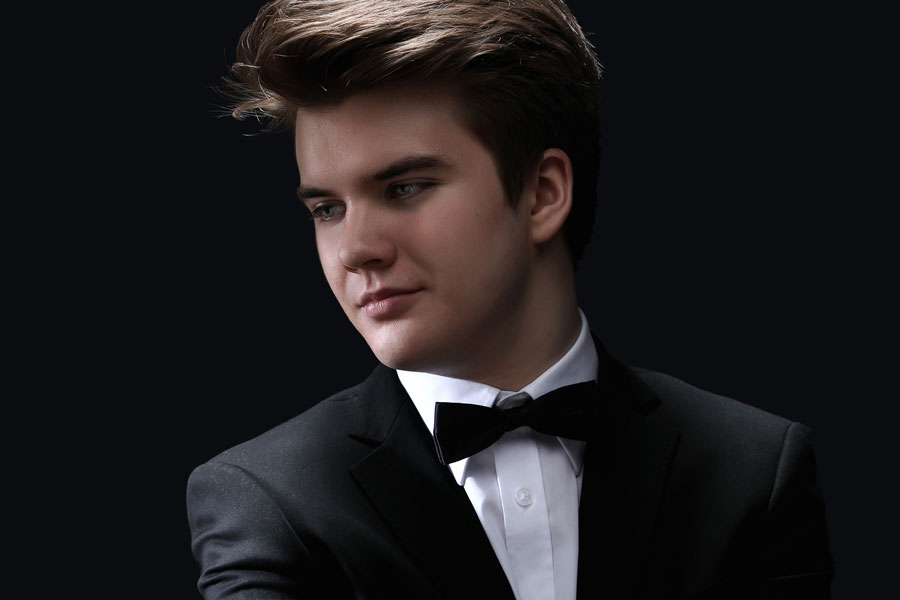There is no doubt that Frederic Chopin and Ferenc Liszt were among the greatest composers and pianists of the Romantic era. However, it would be difficult to find people so different from each other and with different views on musical craftsmanship. This will be illustrated by the works selected by Piotr Alexewicz for his recital.
Although Chopin was considered one of the greatest pianists of his time, he hated performing in public and gave only about thirty public concerts throughout his life. Tickets for them were selling like hot cakes, and it happened even before the official start of sales. The composer, however, preferred to play in salons, surrounded by people he knew, whom he was sure would understand his works well. He most appreciated Pleyel’s pianos, not too loud, but allowing a significant differentiation of timbre. Liszt, on the other hand, was a typical stage animal. He loved performing in large venues, winning the hearts of the audience, and the applause of the hysterical crowd acted on him as an aphrodisiac. He appreciated Erard’s pianos, the instruments that might not be too subtle, but loud.
In an era in love with the idea of correspondence of the arts, Chopin created abstract works. In commenting on them he was very discreet, and passionate about fancy, poetic titles, with which publishers used to label the scores without Chopin’s consent. Liszt loved to compose programme music with commentaries – inspired by painting, literature and events in his own life. For Chopin, the most important thing was the expression, for Liszt, the effect. They were united by the innovative language and love for the musical culture of their native countries. It was the author of the “Revolutionary” Etude in C minor who introduced the stylizations of Polish dances. Five pieces of this type – one polonaise and four mazurkas – will be heard during Alexewicz’s recital. The Ballade in F minor, the last of four ballades by Chopin, is a piano poem full of emotional verve, devoid of extra-musical references, which were often sought in it by others. In the words of Mieczysław Tomaszewski, this ballade “[…] does not imitate anything, it does not illustrate anything. It expresses an experienced world and presents a possible, ideal and imagined world.”
Années de pèlerinage, or “years of pilgrimage”, is a collection of three suites by Liszt. The Hungarian composer referred to the idea of a romantic journey, the aim of which was to seek self-improvement (the literary point of reference here was the Wilhelm Meister by Goethe). The artist’s travels around Switzerland, Italy and France were the inspiration. The individual movements are provided with quotations from Romantic poets, which serve as a kind of motto. Next to the phenomenal, lace-like delicate Les jeux dʼeaux à la Villa dʼEste (“The Water Play at Villa d'Este”), there is a fragment from the Gospel of St. John: “[...] the water that I will give him will become in him a spring of water springing to eternal life.” The Églogue is a vision of an idyllic morning with a quote from Childe Harold by Byron, while the Sonetto 104 del Petrarca is a work inspired by a poem by the famous Italian poet. The evening will be crowned with a performance of the diabolical, dark and effective Après une lecture du Dante: Fantasia quasi Sonata, also known as the “Dantesque Sonata”. In it, the composer showed Dante’s journey through hell in a ghastly suggestive and sonically radical way.

